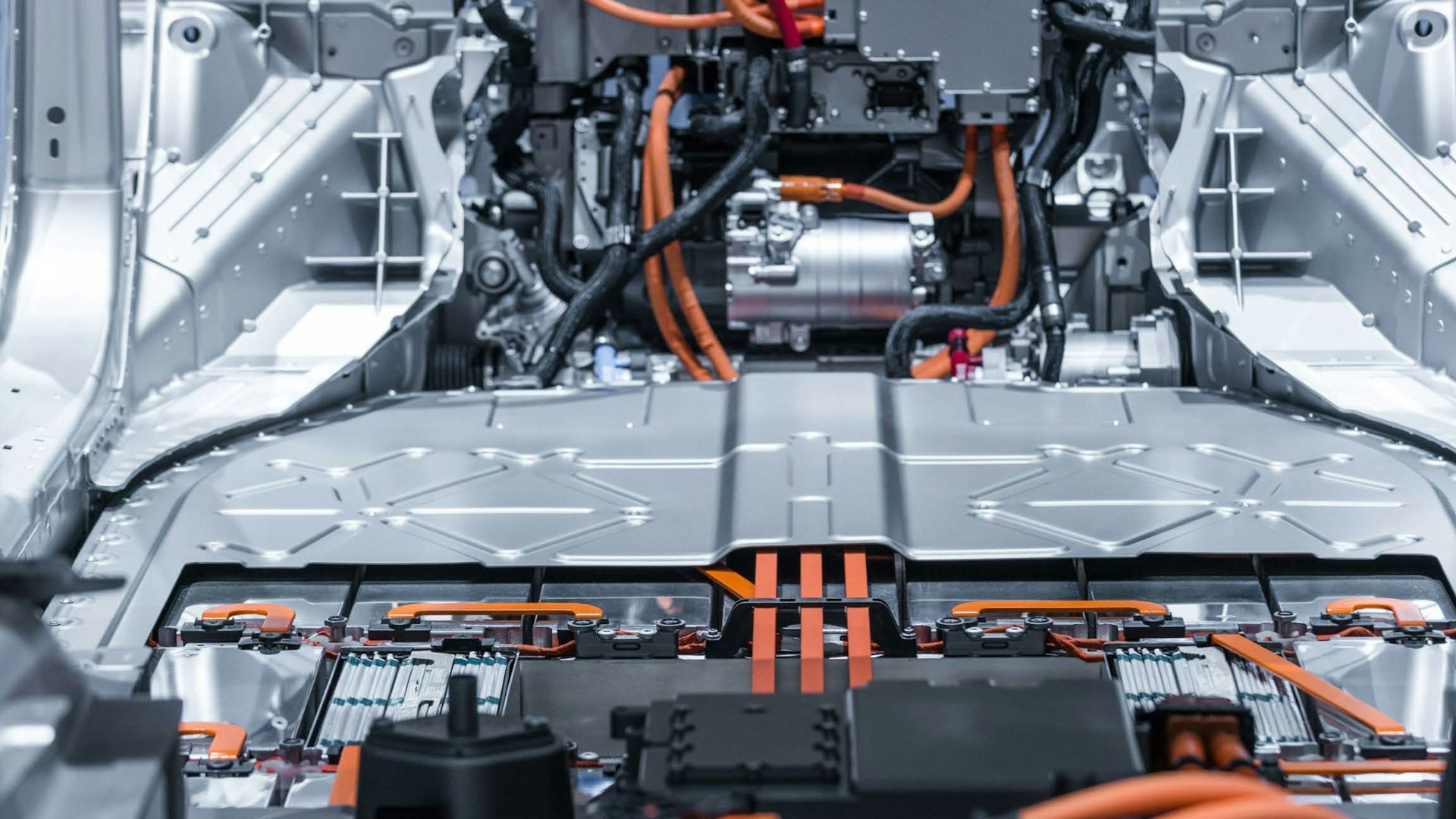Vehicle electrification wire harness manufacturing software
Wire harness manufacturing software supports automotive manufacturers and suppliers overcome the unique challenges due to vehicle electrification. It streamlines the design and engineering processes, enhances manufacturing efficiency, ensures product quality, and promotes collaboration, ultimately contributing to the successful integration of high-voltage and complex wire harnesses in electrified vehicles.
Wire harness design and engineering - Create and optimize wire harness layouts, route wires, and cables, and manage connectors, splices, and other components. Ensure designs meet the electrical and mechanical requirements of the electrified vehicle, optimizing space utilization and reducing manufacturing complexities.
Wire harness design simulation and validation - Validate and analyze the electrical performance of wire harnesses before they are physically manufactured using simulation. Optimize the design and ensure reliability and performance by identifying potential issues early in development, such as electrical interference, voltage drop, and thermal effects.
Wire harness manufacturing process optimization - Facilitate the generation of work instructions, bill of materials (BOMs), and manufacturing diagrams, ensuring an accurate and efficient production. Streamline processes such as wire cutting, stripping, crimping, and assembly, reducing errors, minimizing waste, and improving overall productivity.
Wire harness quality control and traceability - Track the manufacturing process and ensure each wire harness meets the specified requirements and standards. Quality checks, inspections, and testing procedures identify and address defects or deviations, ensuring reliability and safety.
Wire harness design and engineering collaboration - Enable cross-functional teams, such as engineers, designers, and production personnel, to work together efficiently with real-time collaboration. Facilitate information sharing to ensure everyone in the manufacturing process is aligned about the latest design changes, manufacturing instructions, and quality requirements.
FAQs vehicle electrification wire harness manufacturing
It differs from traditional harness manufacturing due to the increased complexity of electrical systems in electric vehicles (EVs). EVs require harnesses to handle high-voltage power distribution, manage numerous sensors and control units, and incorporate advanced communication and data transmission technologies. This complexity often requires specialized design, engineering, and manufacturing processes.
Designing wire harnesses for EVs involves considering various factors. These include the electrical load requirements, voltage levels, wire routing, thermal management, electromagnetic interference, weight optimization, and the integration of components such as batteries, electric motors, and charging systems. Wire harness designers must also account for future scalability, serviceability, and compliance with automotive industry standards and regulations.
Wire harness manufacturing software provides tools and functionalities that streamline the production process for EV wire harnesses. It assists with design optimization, automates manufacturing instructions, generates accurate bills of materials (BOMs), and helps manage quality control processes. The software enhances productivity, reduces errors, and ensures compliance with industry standards, resulting in efficient and high-quality wire harness production.
Manufacturing wire harnesses for electric vehicles presents several challenges. These include handling high-voltage wiring, managing complex wire routing in limited space, ensuring proper insulation and protection against environmental factors, implementing effective thermal management, and maintaining strict quality control. Additionally, the rapid advancements in electric vehicle technology and the need for scalability pose challenges in keeping up with evolving design and manufacturing requirements.
Wire harnesses play a critical role in the reliability and safety of electric vehicles as they transmit power and signals throughout the vehicle's electrical systems. Proper design, engineering, and manufacturing of wire harnesses ensure reliable power distribution, minimize the risk of electrical failures or malfunctions, and protect against hazards such as short circuits or overheating. Wire harness manufacturing processes also incorporate quality control measures to ensure the safety and integrity of the harnesses.
Wire harness manufacturers for electric vehicles must comply with industry standards and regulations related to electrical safety, performance, and environmental considerations. This involves following guidelines such as ISO 26262 for functional safety, UL standards for electrical systems, RoHS directives for restricted substances, and specific regional regulations. Manufacturers can implement quality management systems, perform rigorous testing and validation, and maintain documentation to demonstrate compliance.
